negotiate allowances with builder?
cr8joy
13 years ago
Featured Answer
Comments (9)
cohomebuilder78
13 years agoRelated Professionals
Terryville Home Builders · New River Home Builders · North Richland Hills Home Builders · Westmont Home Builders · Kearns Home Builders · Eagan General Contractors · Anderson General Contractors · Athens General Contractors · Beloit General Contractors · Converse General Contractors · Greenville General Contractors · Hillsboro General Contractors · Olney General Contractors · San Elizario General Contractors · Titusville General Contractorscr8joy
13 years agomacv
13 years agocr8joy
13 years agolive_wire_oak
13 years agonycefarm_gw
13 years agojuniork
13 years agomacv
13 years ago
Related Stories
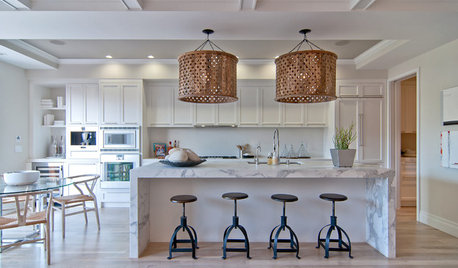
ARCHITECTURE7 Builder Upgrades to Skip in a New Home
Consider taking a pass on these options. You’ll increase your choices by doing them later
Full Story
BACKYARD STUDIOSMaster Builder Crafts a Dream Workshop
A design-build firm owner uses an economical building method for his large shed and finishes it off nicely to blend into the scenery
Full Story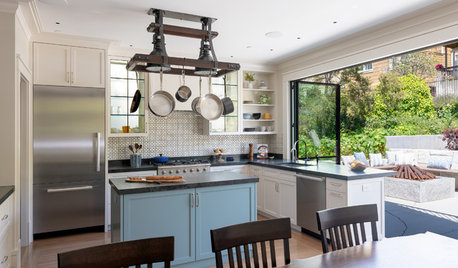
TRANSITIONAL HOMESHouzz Tour: Builder Customizes Old House for Modern Family Life
Special touches like indoor-outdoor bar stools, an outdoor kitchen and a rope loft mark this San Francisco home
Full Story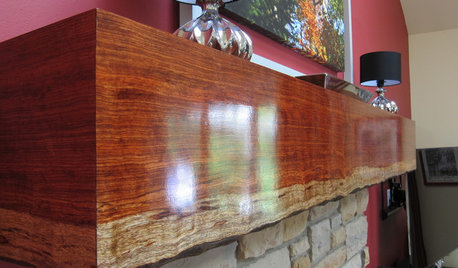
DECORATING GUIDESMantel Makeover: From Builder's Grade to Live-Edge Wood
See how an all-wrong mantel became a gorgeous fireplace focal point at the hands of an interior designer and her carpenter
Full Story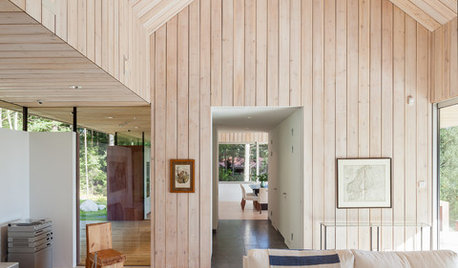
REMODELING GUIDES10 Tips for Choosing and Working With a Builder
Make your construction experience a happy one by following these steps
Full Story
HOUZZ TOURSHouzz Tour: Builder's Beige Gets a Makeover
Home goes from boring to lively with color, furniture and textures to fit a family's personality
Full Story
HOUZZ TOURSMy Houzz: A Decorator and a Builder Bring Work Home
An interior decorator and her builder husband create the ideal contemporary family home for their needs
Full Story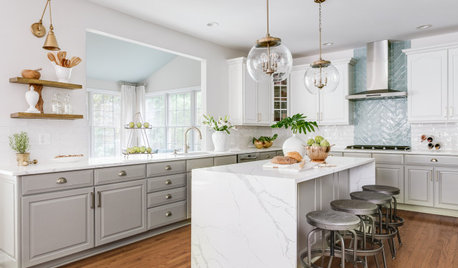
HOUZZ PRODUCT NEWSHow Builders Can Help Clients Work as a Team
Build a collaborative atmosphere and ease homeowners into decisions to head off potential conflicts between them
Full Story
CONTEMPORARY HOMESHouzz Tour: Tuscan-Style Builder Home Gets a Streamlined Makeover
Designers remove turrets and ornamentation to give the Texas home a sleek, modern look
Full Story
LATEST NEWS FOR PROFESSIONALSThe Deadly Sins of Contract Negotiation
In this webinar, executive coach Shawn Doyle shares insights into 8 common negotiation blunders and how to avoid them
Full Story







macv